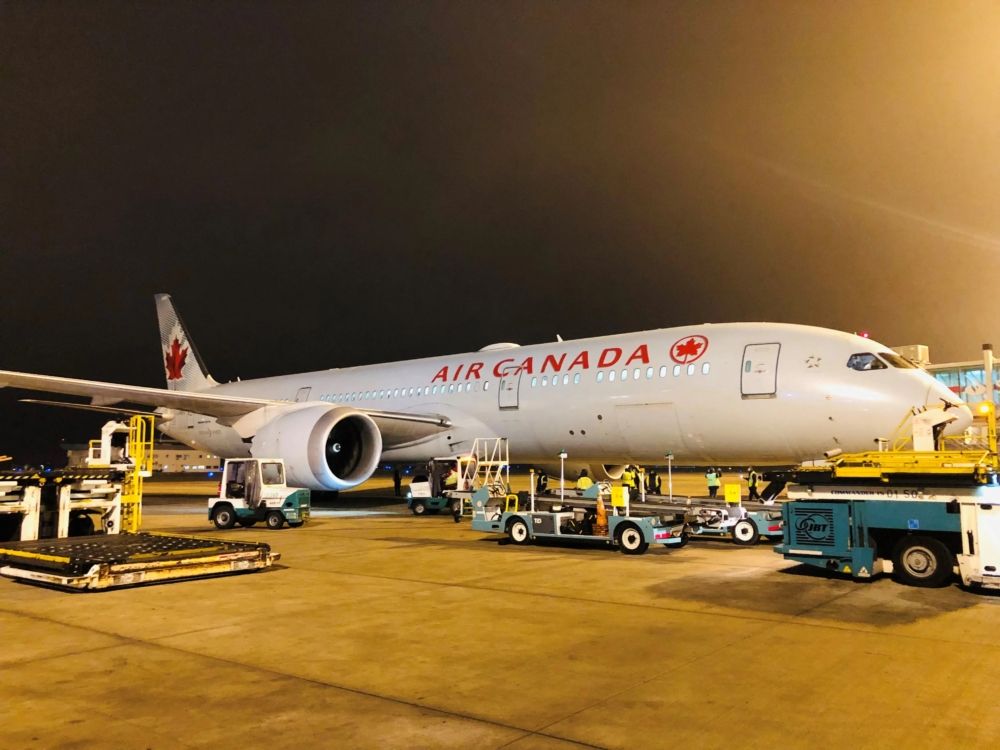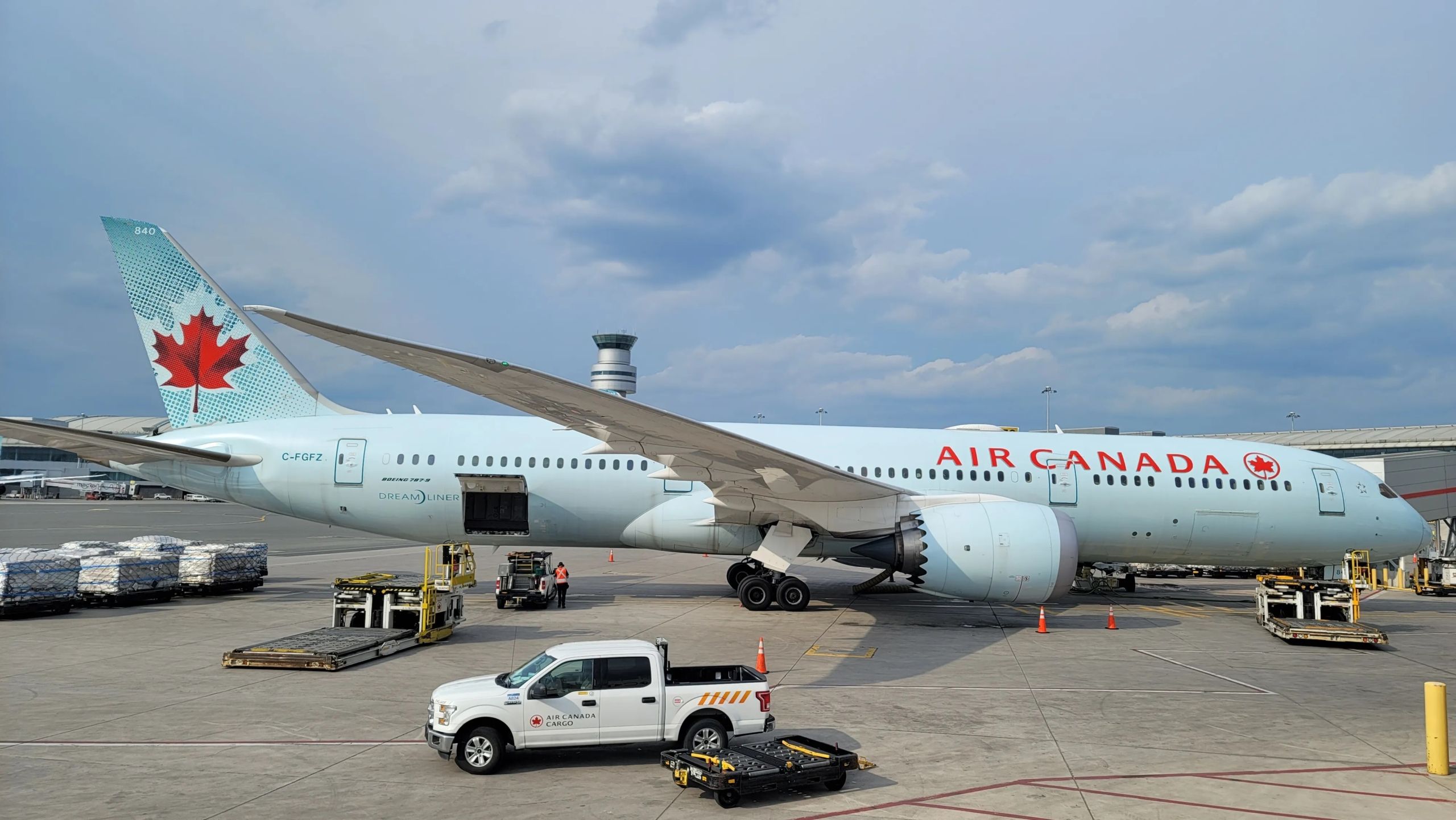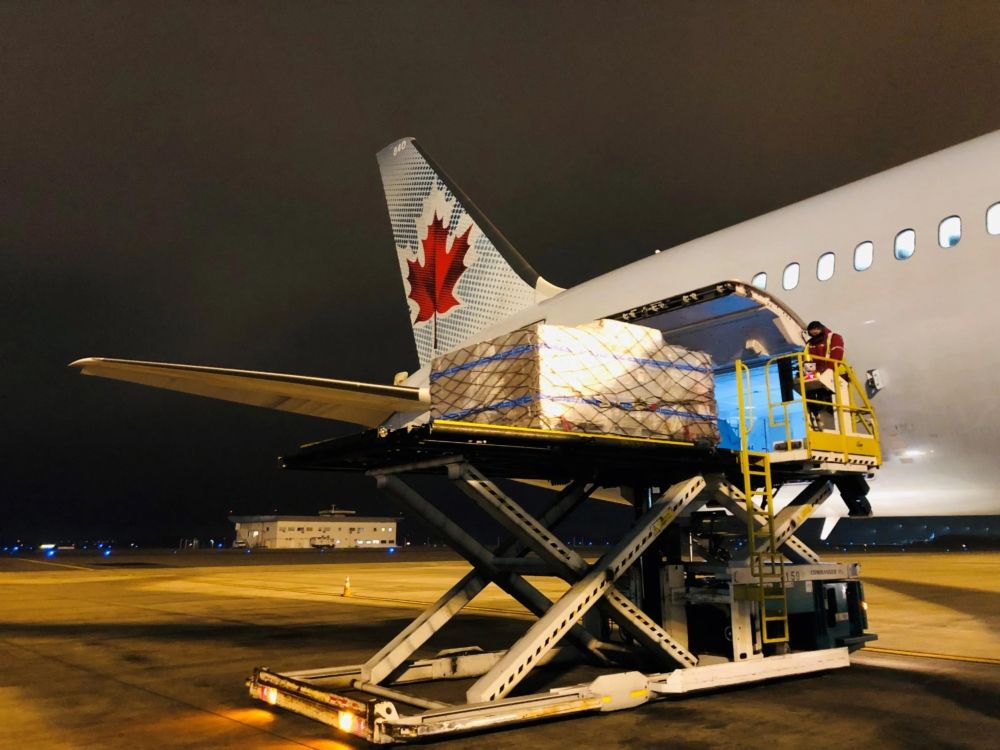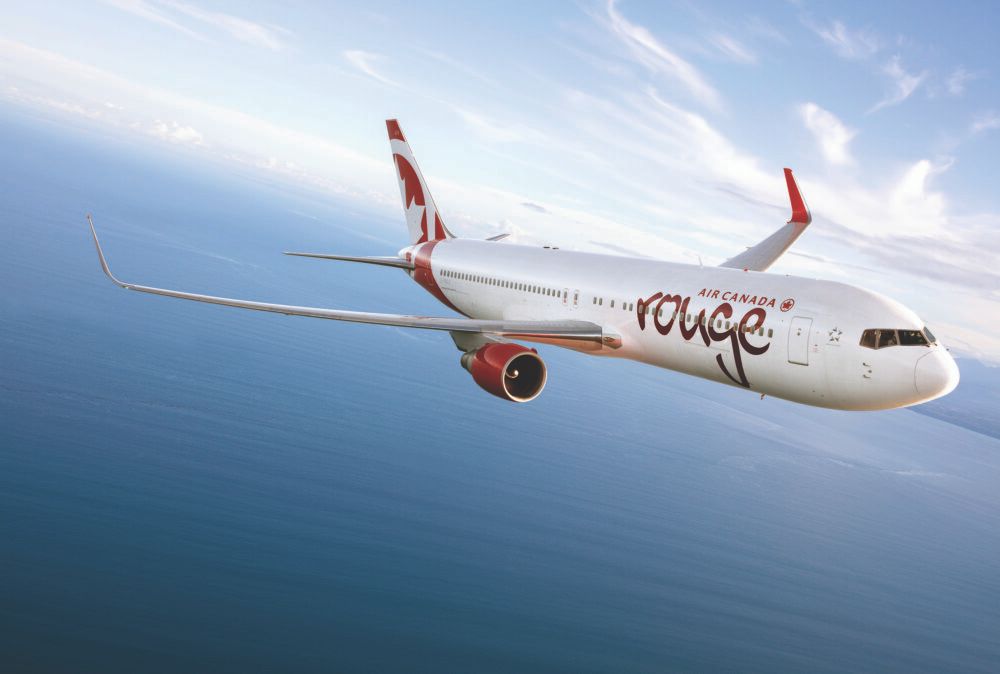The global health crisis turned aviation upside down and significantly disrupted key transportation links. Restoring these connections, airlines have had to adapt, replacing passenger services with dedicated cargo flights. While this has become less frequent with industry recovery, Air Canada is optimistic about its cargo division and its position as a freight mover.
Air Canada's cargo optimism
Air Canada's cargo division has become a significant part of the airline's revenue stream. The airline tells Reuters that in the second quarter of 2021, cargo accounted for 43% of revenue.
"[Cargo was] a single-digit piece of the business before COVID. We hope to be a bigger part of that in the future," - Jason Berry, VP of Cargo, Air Canada via Reuters
All of this optimism comes at a time when regular passenger flights are making a comeback. This recovery of passenger flights equates to increased cargo capacity, as a significant portion of freight travels in the belly hold of passenger aircraft.
While this consideration should be a concern for Canada's largest carrier, its cargo ambitions have been bolstered by the continued rise of e-commerce and online shopping. Additionally, travel restrictions have eased more slowly than in other parts of the world. While the country has opened up to US travelers as of early August, it only intends to open up to fully vaccinated international arrivals on September 7th.
Stay informed: Sign up for our daily and weekly aviation news digests.
Capitalizing on American bottlenecks
Another big reason for Air Canada's optimism is the fact that the US has ramped up operations so quickly that it's experiencing bottlenecks due to staff and space shortages.
Jason Berry noted that US airports have been facing "operational challenges" in their post-pandemic ramp-ups. "We’re seeing congestion, massive lines, and wait times to recover product at major gateways," the airline executive notes.
Indeed, this congestion is the result of staffing shortages and space constraints, which are being seen at large hubs and ports, such as Chicago's O'Hare International Airport.
Brandon Fried, executive director of the Airforwarders Association, tells Reuters that Air Canada's method of sending cargo from Toronto to Chicago and New York by truck could be appealing to freight forwarders, who otherwise seek out alternatives like secondary US airports in order to circumvent the bottlenecks.
Air Canada has its own facility in Chicago, along with its own employees, Berry reports.
"With our own facilities, we can control our own destiny and effectively bypass much of the disruption. We believe we have a strategic advantage in our Toronto hub, actually all of our hubs: Vancouver, Toronto and Montreal."

Dedicated freighters coming to Air Canada
In addition to this, however, the airline will soon have its own dedicated, permanent freighter aircraft in the form of converted Boeing 767-300ERs. These are set to enter service later this year and already have their own schedules:
"When the first converted 767 freighters enter service in October, they will fly primarily out of Toronto Pearson International Airport, and will operate on routes linking Toronto to Miami, Quito, Lima, Mexico City and Guadalajara." -Air Canada
The airline adds that more destinations will be served in early 2022 as more freighters arrive. Destinations include Halifax, St. John's, Madrid and Frankfurt.
Do you think Air Canada's confidence in cargo services is justified? Or will there be too much capacity with passenger flights ramping up? Let us know in the comments.



